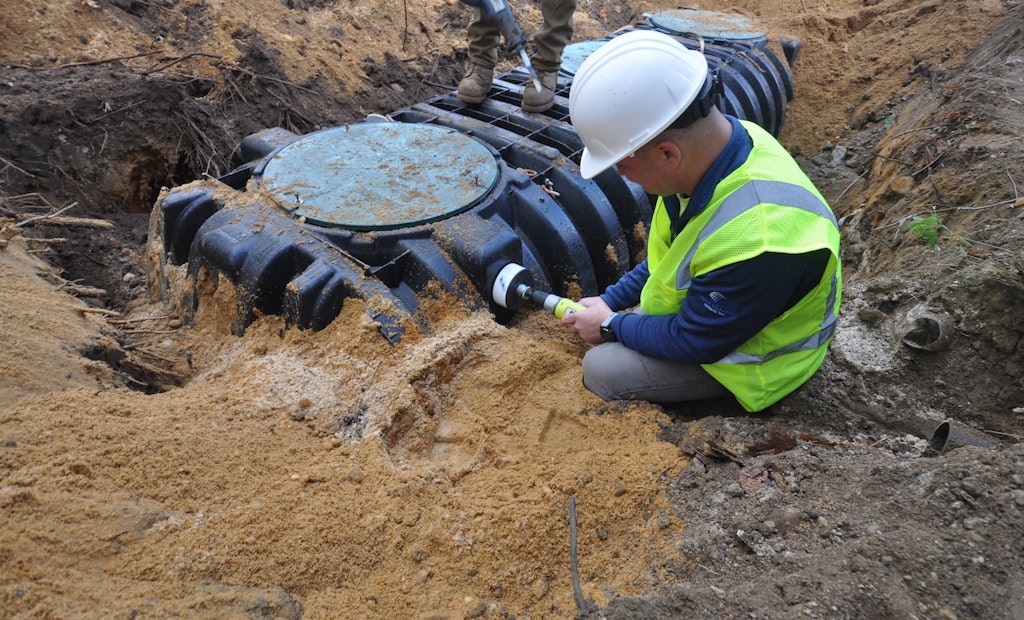Every person on a job site is responsible not only for his or her own safety, but also the safety of those around them. When safety is the most important goal on the site, everyone gets to come back to work the next day.
Companies in the onsite/decentralized wastewater industry...
This article is part of a series on safety:
- Focus on Safety: Installers Need to Make Safety a Priority
- Focus on Safety: Federal and State OSHA Standards
- 7 Overlooked Safety Issues for Installers
- Electrical Hazards to Watch for During Septic Repair and Installation
- Focus on Safety: Transporting and Operating Equipment






